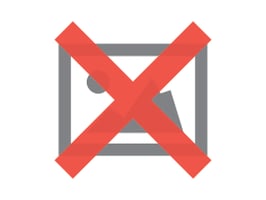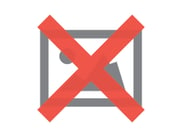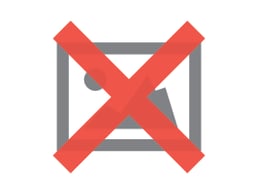REDWOOD LOGIN
Redwood PortalLTL
SCS
SCS Support
Rockfarm
Whether you are new to less than truckload (LTL) shipping, or it has always been a part of your supply chain, many people still have a few misconceptions about it. Some may say ‘ignorance is bliss’ but in this case, what shippers don’t know or have a misunderstanding about, can cost them both time and money.
Our LTX staff and Board Members have over 100 years of LTL freight management experience and have come up with a list of the most common LTL Freight myths and misconceptions for you.

Respectable LTL carriers do not guarantee pick-up and delivery times, they give estimates. The estimate is based on your location, and the carrier’s typical lanes; if the pick-u and drop-off locations are in a high traffic area, your delivery time can be much lower than a remote location that isn’t travelled to often. Of course, you can always check with your 3PL to see if they can offer guaranteed LTL shipping as an additional service. If you are working with a carrier directly, rather than partnering with a 3PL, make sure that you are aware of their policies up front.
Although transit times are not guaranteed, the great thing about LTL shipping is you don’t need a ton of lead time to schedule a pick-up. In fact, you only need a two-hour notice is needed for pick-up that afternoon. LTL carriers deliver in the mornings, and pick-up in the afternoons, so scheduling the day of is very common.
Accessorial charges fluctuate between carriers. The best way to compare these is by looking at the carriers Rules Tariff. This tariff explains in detail the extra services (accessorial) the carrier can provide, along with the charge that may apply to the service requested. These can vary based on whether the rates are being calculated based on cents-per-hundred-pounds, or by flat rate. These rates can always be negotiated, though. Working with a 3PL experienced in these types of negotiations could ultimately save you hundreds of dollars.

While most shippers negotiate rates and discounts with their carriers, many don’t know that the fuel surcharge is also negotiable. Carriers aren’t fully against negotiating in this category, it’s just that most shippers never broach the topic. Although, leverage and consolidation potential play a major role in just how low you can get them to go. If you are a company that has a strong relationship with your carrier and deliver regularly with them, they’ll likely talk lower rates. However, if your company hasn’t had a steady relationship with the carrier, they might not care if you threaten to switch vendors.
If your company falls under the second category, a 3PL can come in very handy for you. Since third-party logistic companies buy freight in bulk, they have greater pricing leverage and can create substantial savings beyond what a small company could do on their own.
When considering LTL pricing, remember that base rates can be just as important, if not more important than the discount. Your carrier might offer you a large discount to discourage you from looking elsewhere, but while your discount may look like an unbeatable deal, you should take a closer look. You may have a large discount, but if your base rate is significantly higher, you could end up paying more even with the significant discount. For example:
LTX Carrier: $610.60 (base rate) - $457.95 (75% discount) + $66.95 (fuel) = $219.60
ABC Carrier: $922.04 (base rate) - $737.63 (80% discount) + $66.95 (fuel) = $251.36
It’s common for shippers to say “I’ve been shipping the same freight for years, and my class has never changed. Classification isn’t something I have to worry about.” But that’s a false statement. It is imperative to occasionally check that your freight class hasn’t changed. IF you work with a 3PL, they will be able to advise you when and if these changes are made.
The National Motor Freight Classification Board (NMFC) meets bi-annually to revise the freight classifications of many different commodities, so there is always the possibility your freight classification could change with no warning. The NMFC is also slowly implementing density-based classifications as its primary process, which may affect the classification of your product as well.
If you’re not certain about what classification to use for your freight, contact your 3PL Provider to assist you.

Many shippers believe in working directly with the carriers for their shipping needs and cutting out the middle man, the 3PL. “Why would I pay a company to do something, I can certainly do myself?” they think. But, the fact of the matter is, working and negotiating with carriers requires vast industry knowledge, reputability, and leverage to get the best deal.
If logistics and shipping aren't one of your core competencies, then you’re not only leaving savings on the table but also wasting your own time. You need to understand the base pricing, surcharges, and what areas you should be negotiating on, and researching hundreds of carriers eats up hours of your day. Carriers will make you believe you are getting the best rate possible, but a good 3PL can weed out the most reputable carrier, that also gives you the best pricing.
A 3PL also has the leverage that we discussed above. A 3PL combines its customer’s freight, and its leverage sky rockets, forcing the carriers to negotiate stronger deals in hopes to secure a large bundle of business.
We hope that this article shined some light on the misconceptions in less than truckload shipping. Here at LTX, we are always working to secure our LTL customers the best deal, with the best carrier. For a free consultation click the button below.
